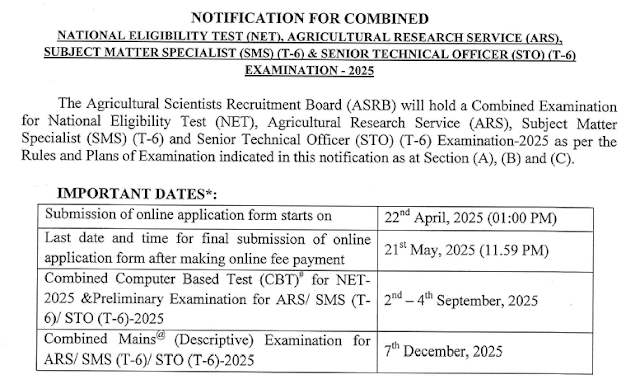Gardening: A Journey of Healing and Harmony
In a world bustling with deadlines and digital screens, finding solace in nature can feel like a distant dream. For me, however, gardening has always been my sanctuary—a space where life slows down and simplicity reigns. My terrace garden, a vibrant tapestry of seasonal vegetables, is not just a place for growing produce; it is a haven for my soul.
This love for plants began in my childhood, nurtured by my grandfather, my late Dadji. His passion for greenery was infectious. As a child, I would watch him lovingly tend to his garden, his hands weathered yet gentle, cradling each plant as if it were a cherished family member. Dadji taught me that gardening is not just about planting seeds but about fostering life, and that philosophy has stayed with me ever since.
Gardening: A Balm for Stress and Anxiety
It was during a particularly stressful phase in my life that I rediscovered the therapeutic power of gardening. The rhythmic act of digging soil, planting seeds, and watering plants became my mindfulness practice. Studies have shown that gardening can significantly reduce stress and anxiety. A study published in the Journal of Health Psychology found that just 30 minutes of gardening can lower cortisol levels, the hormone associated with stress.
Moreover, spending time outdoors among plants exposes you to sunlight, which helps your body produce vitamin D—essential for mood regulation and overall well-being. The physical activity involved in gardening also promotes the release of endorphins, often referred to as "feel-good hormones."
The Healing Connection with Nature
Gardening is not just about growing plants; it’s about nurturing life. When a teenager once asked me what gardening is like, I replied, "It’s more than growing plants; it’s about taking care of them." And in taking care of them, you inadvertently take care of yourself.
There is something profoundly healing about watching a seed sprout into a plant, knowing that your hands played a part in its journey. It’s a reminder of life’s cycles and a testament to resilience. As you prune, water, and weed, you find yourself pruning away stress, watering hope, and weeding out anxiety.
Scientific Backing for Gardening’s Therapeutic Effects
Horticultural Therapy: This form of therapy uses gardening as a tool for improving mental and physical health. It is particularly effective for individuals dealing with depression, PTSD, and other mental health challenges. Studies have highlighted its benefits, including enhanced mood, improved social skills, and increased physical activity.
Soil and Serotonin: Did you know that soil contains microbes that act as natural antidepressants? Mycobacterium vaccae, a bacteria found in soil, has been shown to increase serotonin production in the brain, helping to improve mood and reduce anxiety.
Community and Connection: Gardening often brings people together. Community gardens and shared gardening spaces foster social interaction, which is crucial for emotional well-being.
Practical Tips to Start Your Healing Garden
Start Small: Whether it’s a windowsill herb garden or a few pots on your balcony, begin with plants that are easy to grow, like basil, mint, or cherry tomatoes.
Embrace the Process: Gardening is not about perfection. Some plants will thrive, others may not, and that’s okay. The journey is more important than the outcome.
Experiment and Learn: Explore different gardening techniques, like hydroponics or companion planting. Research about plant health and nutrition to deepen your connection with your garden.
Involve Your Senses: Choose plants with diverse textures, colors, and fragrances. Touching the soil, smelling the blooms, and tasting fresh produce can be incredibly grounding.
Conclusion: A Lifelong Hobby
Today, when I walk through my terrace garden, the rows of thriving vegetables remind me of the countless hours I’ve spent nurturing them. There’s an unparalleled joy in harvesting the fruits of your labor, literally and metaphorically. Gardening is not just a hobby; it’s a way of life—a celebration of patience, care, and resilience.
For anyone seeking an antidote to the chaos of modern life, I’d say, give gardening a try. Start small, but dream big. With every plant you nurture, you’ll find yourself growing—a little more peaceful, a little more joyful, and a lot more connected to the world around you.
Resources for Further Reading:
Journal of Health Psychology: Study on Gardening and Stress Reduction
American Horticultural Therapy Association: Benefits of Horticultural Therapy
"The Well-Gardened Mind" by Sue Stuart-Smith (A book exploring the psychological benefits of gardening).




Comments